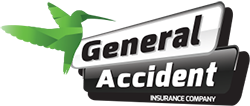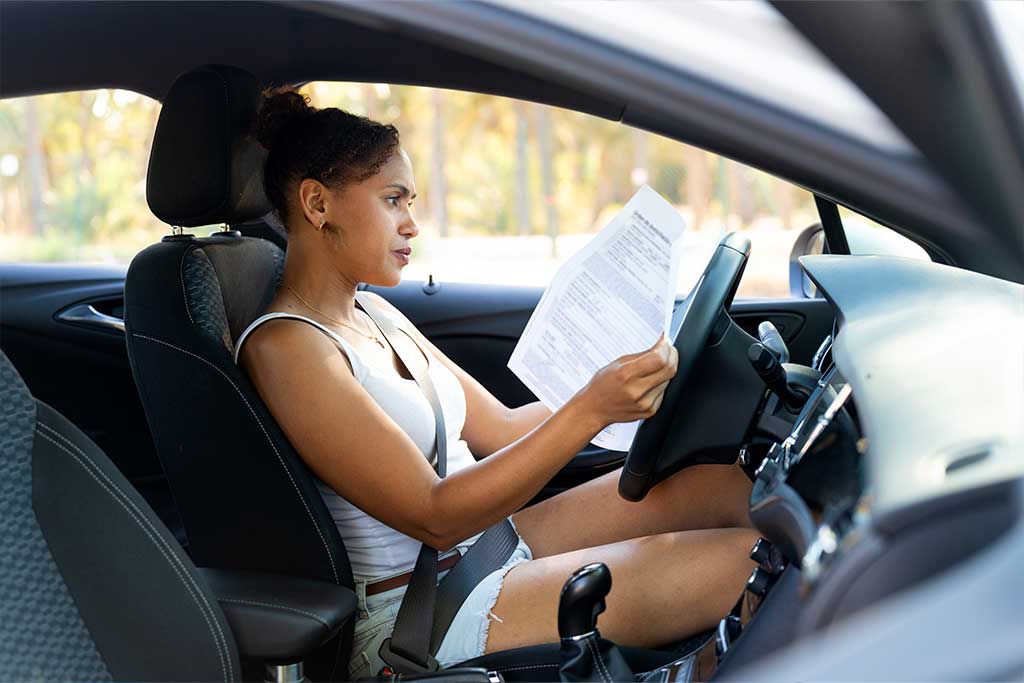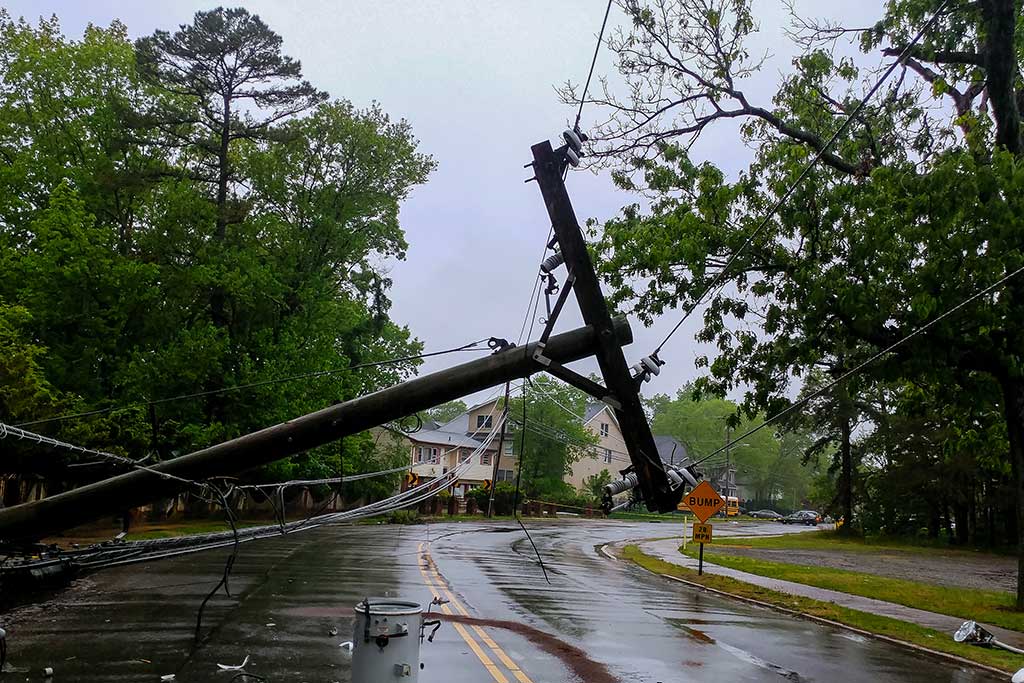Can You Insure a Car That's Not in Your Name?
It’s a common question with more than one answer: Can you insure a car if you’re not the registered owner?
In Barbados, and across many jurisdictions, this question arises in everyday situations. Maybe you’re driving a car your parents bought, or you’re using your partner’s vehicle long-term. You might even be helping a friend manage their affairs and want to handle the insurance on their behalf.
But when it comes to car insurance, ownership and usage matter. In this article, we’ll explore when you can insure a car not in your name, when you can’t, and what the risks are if you get it wrong.
Can You Insure a Car Not in Your Name?
The short answer: Sometimes. But it’s complicated.
While some insurers allow it under certain conditions, most insurance companies prefer the policyholder to be the registered owner of the vehicle. This is because insurance contracts are based on the concept of insurable interest meaning you must stand to suffer a financial loss if the car is damaged or stolen.
If you’re not the owner, proving that interest gets tricky.
Understanding the Legal and Insurance Requirements
At the heart of this issue is the principle of insurable interest.
What is Insurable Interest?
Insurable interest means that you would be financially affected if something happened to the car. If you don’t own the vehicle or have a clear legal stake in it your ability to insure it may be limited.
Why do insurers care?
Because insurance is designed to protect your financial investment, not someone else’s. If you don’t have a legal or financial relationship with the car, the insurer may not be able to justify paying out a claim in your name.
When It Might Be Allowed
There are some situations where insuring a car not registered in your name could be permitted, especially if your relationship to the owner is clear and well documented.
1. Family Members or Partners
If you’re driving a spouse or parent’s car regularly, and you have their permission, some insurers may allow you to be listed as the policyholder, particularly if the owner is added as a named party on the policy.
2. Business or Fleet Vehicles
If a company owns the car but an employee is the main driver, business/fleet insurance typically covers this kind of arrangement.
3. With Written Consent
Some insurers may consider issuing a policy if you can provide written consent from the owner, acknowledging your regular use of the vehicle.
When It’s Not Allowed
There are clear scenarios where trying to insure a car you don’t own crosses the line legally and ethically.
“Fronting”
This is when someone (often a parent) insures a car in their name while a higher-risk driver (like their teenage child) is the main user. It’s usually done to get a cheaper premium, but it’s considered insurance fraud.
If caught, the policy can be voided, and you may face legal and financial consequences.
Registering & Insuring in Different Names
In most cases, the name on the insurance policy should match the registered owner. Insuring a vehicle registered to someone else, without any clear financial connection, raises red flags.
Options If You Want to Insure a Car You Don’t Own
If you’re regularly driving a car you don’t legally own, here are a few safer and legal options:
Add the Owner as a Named Driver
Work with the vehicle owner to list them on the policy while you remain the primary driver.
Get Non-Owner Car Insurance
Some insurers offer car insurance for non- owners, which provides liability coverage for drivers who don’t own a vehicle but drive one regularly.
Consider Ownership Transfer
If the car is truly under your care and control, it might be worth transferring the title so you can insure it properly.
Consequences of Doing It Wrong
Insuring a car incorrectly can have serious implications, including:
- Voided Claims: The insurer may refuse to pay if they discover you misrepresented ownership.
- Policy Cancellation: You risk having your coverage terminated, which affects your insurability in the future.
- Legal Trouble: In some cases, attempting to mislead an insurer can lead to fraud charges.
Frequently Asked Questions
Q: Can parents insure a child’s car?
A: Only if the parent is the registered owner or has a valid insurable interest. Otherwise, it could be considered fronting.
Q: What is “fronting” and why is it illegal?
A: Fronting is when a lower-risk driver insures a vehicle for a higher-risk driver to reduce premiums. It’s misleading and can result in claim denial or fraud penalties.
Q: What if I lease or finance a car?
A: In that case, you’re considered to have an insurable interest, even if you’re not the technical owner. Most insurers will issue a policy in your name.
While it’s sometimes possible to insure a car that’s not in your name, it’s a grey area that requires full transparency. Misrepresenting ownership can lead to serious issues, including denied claims, cancelled policies, and legal consequences.
When in doubt, speak to your insurer directly.
At Genac BB, we’re here to guide you through the fine print and help you find a policy that protects both your vehicle and your peace of mind.
Have questions? Contact us today or visit www.genac.com.






